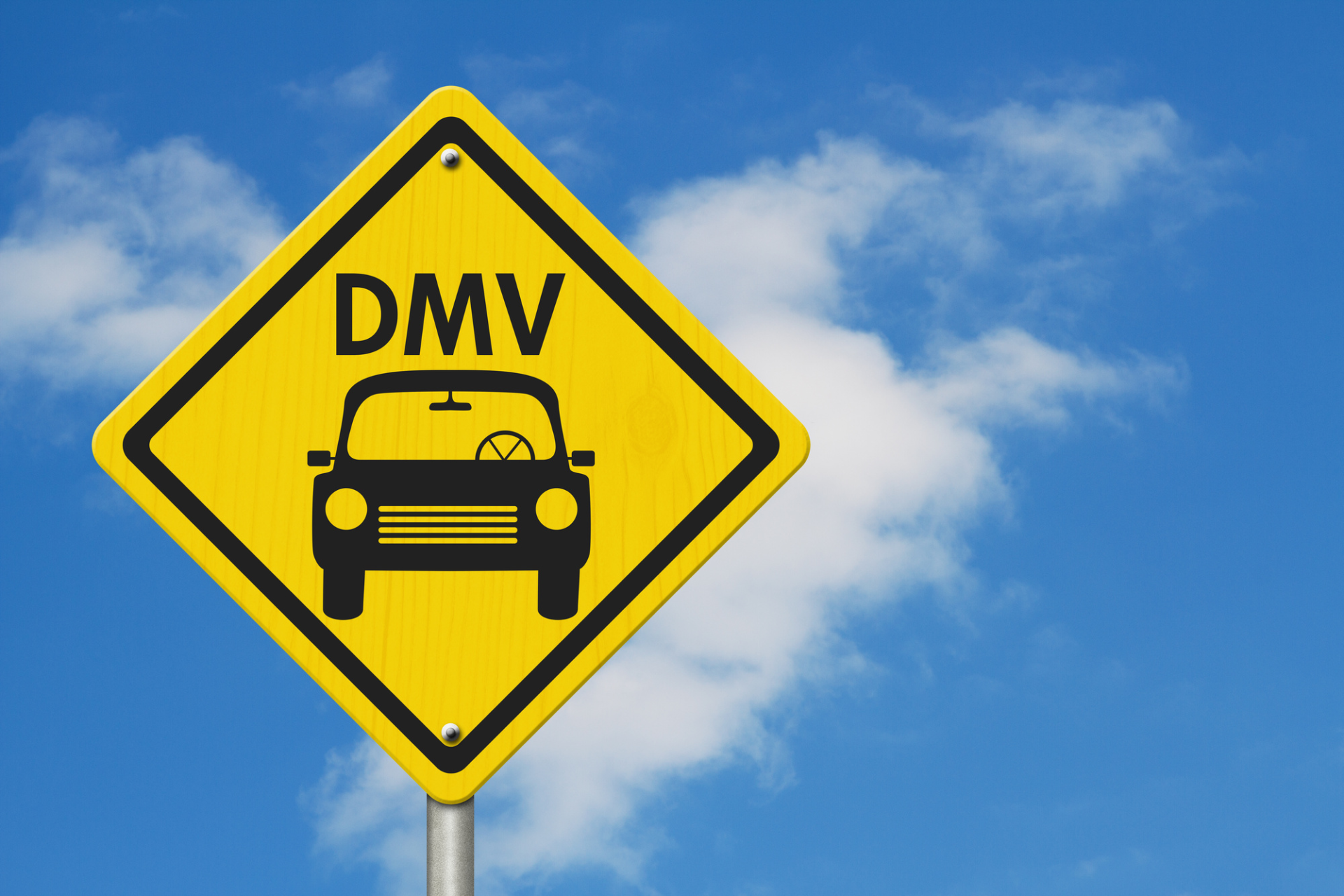Do you need your DMV Driving record?
Your DMV driving record is an essential document, but one that most of us never think about. It tracks all of your driving information and helps dictate your insurance premiums. But most of us don’t know how to get a copy to check.
Don’t worry, we are here to help. Read on to learn about your DMV driving record, and how to get hold of it.
What’s a Driving Record?
Your driving record is the collection of public records about you as a driver. You may also see it called a motor vehicle report.
From the moment you get your driver’s license, your record will start. It will include information on tickets, accidents, license suspensions, your address, and more.
What’s on My Driving Record?
Your driving record will hold information about you as a driver and all your driving history. Yes, this does include any traffic violations.
Depending on the type of infraction, these violations will stay on your record for a set period of time. Small infractions like a parking ticket or speeding fine will stay on for around 3 years.
A serious infraction, like a DUI, will stay on for 10 years. In some states, it will be longer so check your local legislation. Some states also use a points system to track your infractions. Once you reach a certain number of points, you could see your license revoked or suspended.
Where Can I Get a Copy of My Driving Record?
There are a number of places you can access your record. Here they are listed below:
1. The DMV
As expected, the DMV will be able to access your driving record and give you a copy. Make sure you know what you want though, as some states have several versions of your record. These include:
Standard Driving Records
Your standard record will take only certain information that the DMV has to keep by law. Often, this is information relating to your driving record for the last few years. If you have any permanent or longer lasting infractions, these will be there too.
Lifetime Driving Records
Your lifetime driving record will hold every by of information the DMV has on you as a driver. This includes past infractions that have expired.
To get a Copy of Your Record
You need to make an official request for your driving record with the DMV either in person or by mail. Note that there are no expedited options to speed up the process, so order it well in advance of when you need it.
For access to an unofficial copy, you can get this straight away online. But it won’t count in place of an official copy.
There is a fee of around $10 when requesting an official of your driver’s record though this varies. Check the website or with your local DMV office for an accurate price. Unofficial copies will cost less.
You can either pay online or in person. DMV offices will only take cash, money order, check, or debit/ATM card.
2. Auto Insurance Agents
Auto insurance companies can also access your driving report. They will be able to go through the information and give you an unofficial copy.
Speak to your insurer and ask for a copy. Some will do this free of charge, but not all auto insurance agencies do this. It’s still worth asking though.
3. Online Third-Party Vendors
If you’re looking for a quick solution, an online third-party vendor is the fastest option. But, you should note that the information may be less accurate than an official DMV report.
On the plus side, they often contain information from other official sources too. In some instances, it’s a more comprehensive overview of your driving history. You can access your report via sites like dmvrecords.us.org.
Why Should I Pay Attention to My Driving Record?
Driving records aren’t perfect. Like your credit report, there can be mistakes.
You might have gone on a traffic course to reduce your points on an infraction, it’s not showing on your report. Or, you might have an infraction listed that actually has expired.
Keeping an eye on your driving report each year, or after an infraction result is a good idea. This way you can make sure it’s up-to-date and holding only accurate information.
How Do I Fix a Mistake on My Driving Record?
First off, for any traffic incidents you’re ever involved in, keep all the paperwork on hand. Whether that’s for an actual serious collision or a fender bender. Information to keep includes court resolutions, insurance judgments, and payments.
If you do find an error on your driving report, don’t panic. It’s possible to get it fixed. Once you find it, contact your local DMV office straight away.
Get all your paperwork together and be ready to explain in detail what the error is. And be clear on how what you thin the resolution should be.
Different states have their own processes for fixing driving report errors. You may need to go down to the DMV in person. Or in other cases, you may need to submit your issue in writing.
I Didn’t Submit My Traffic School Certificate
Not submitting your traffic school certificate is a common reason for errors. If you commit a traffic violation, the court may order you to attend traffic school for a clean record.
You’ll get a courtesy notice in the mail after around 2-3 weeks of getting your ticket. The notice will tell you if you qualify for traffic school to dismiss the ticket.
If you do qualify, you’ll get a list of traffic schools you can attend. There will still be a court admin fee and ticket fine to pay. It means the charge won’t go on your record if you complete the course.
When you complete the course, you’ll get a Certificate of Completion as proof. You need to submit this to the court. Only upon receiving this will they take the charge off your record.
Either post it or take it down in person (recommended) along with a receipt for the payment you make. The requirements of this payment will be in your courtesy notice. It is vital you do not forget or ignore providing your certificate.
Don’t Delay — Check Your DMV Driving Record Today
So there you have it! Now you know what your DMV driving record is and how to check it.
As this is a constant record of your driving history, and you as a driver, make sure it’s up-to-date. Any inaccurate information could have a negative impact on your driving future. Check on an annual basis for errors and get them fixed as soon as you spot anything that’s off.
If you found this article helpful, check out our other website posts today!




